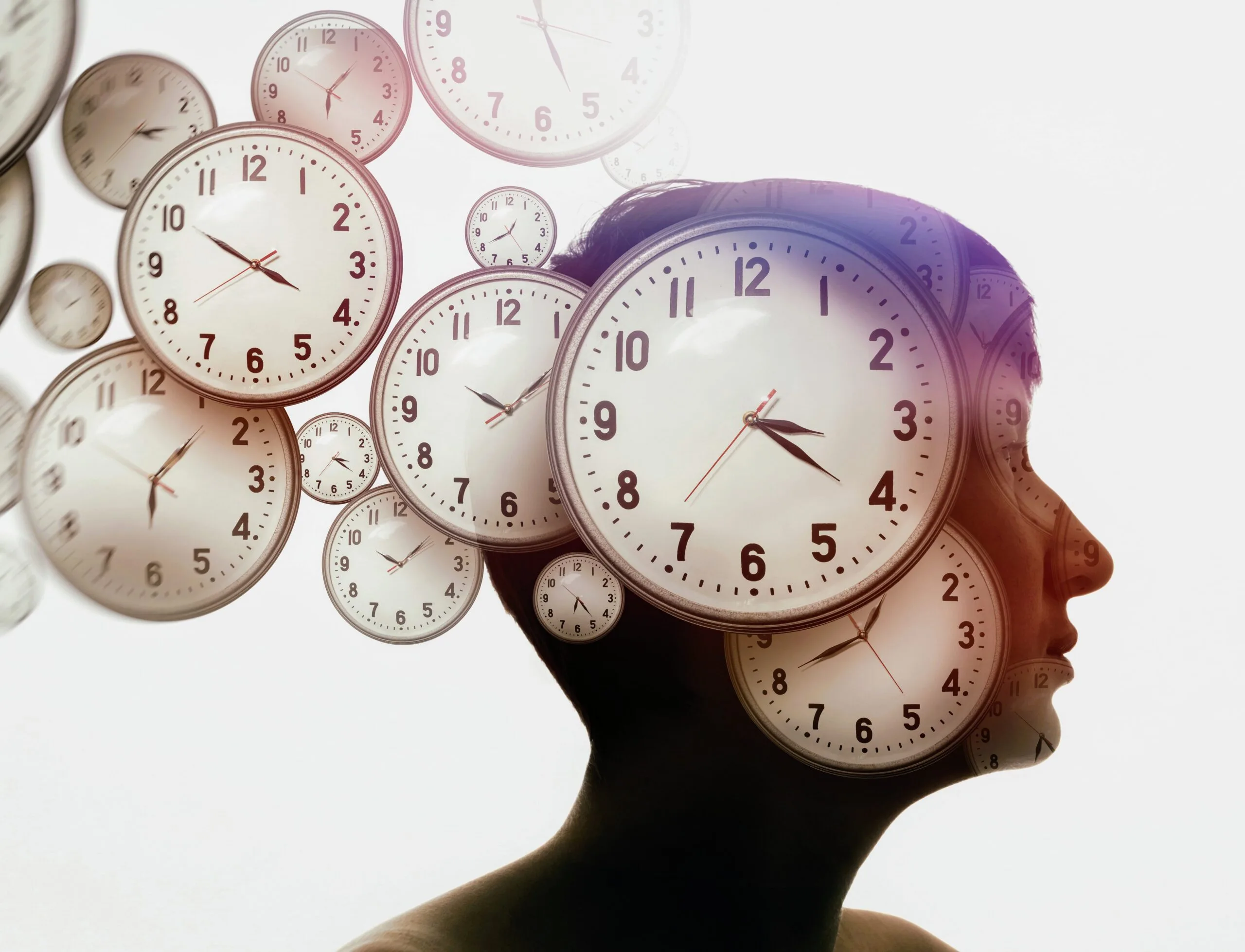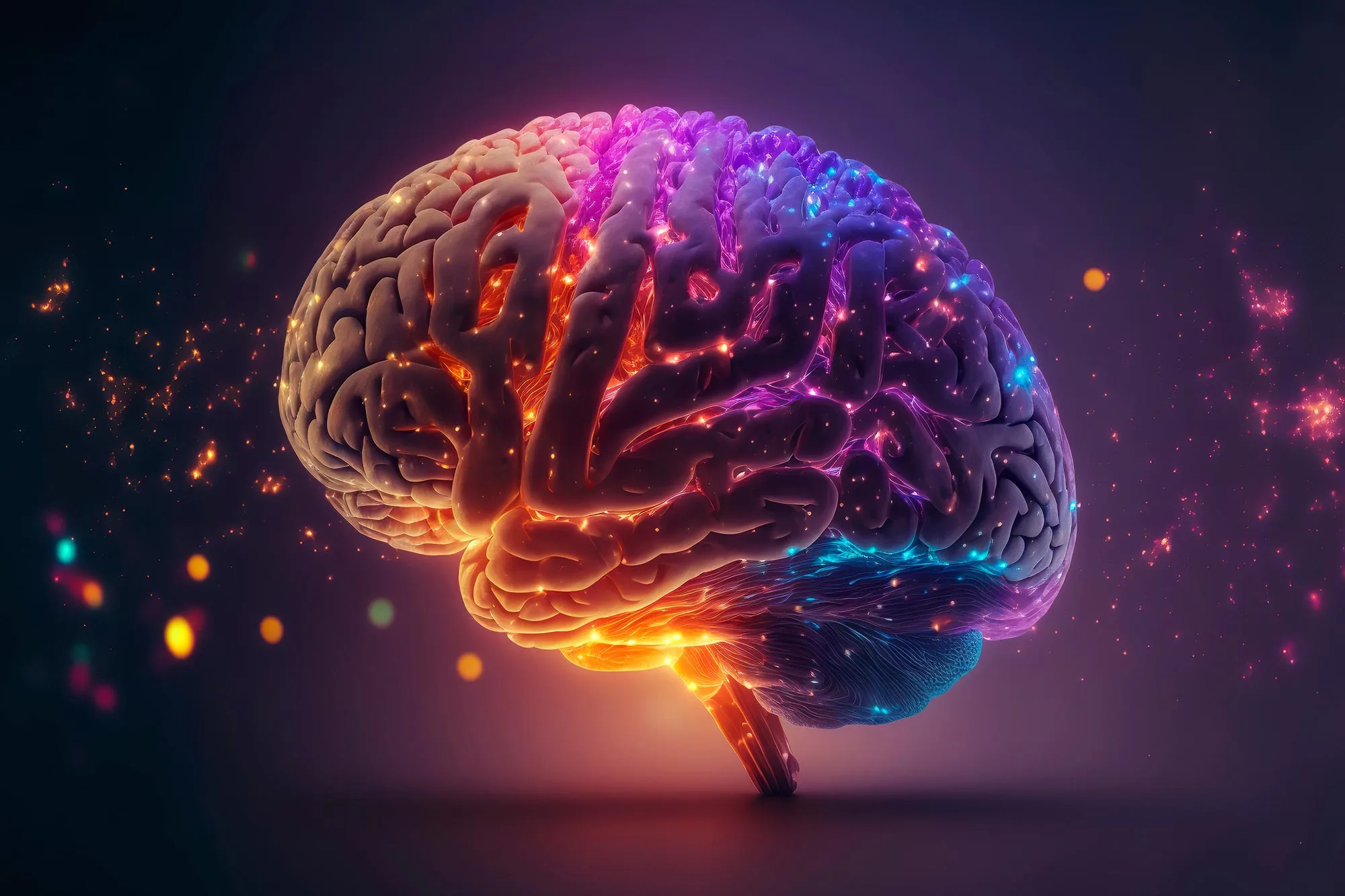Have you ever noticed how the last five minutes of a workout can feel longer than the first twenty? Or how a fun weekend with friends seems to vanish in the blink of an eye? These shared experiences highlight a fascinating truth: our brain doesn’t just record time; it creates it.
This internal sense, known as chronoception, is not a single, reliable stopwatch but a dynamic and surprisingly fallible system. Understanding the neuroscience behind this process reveals why our perception of time is one of the most fluid aspects of human consciousness.
This elasticity of time is a fundamental part of the human experience, shaping everything from our memories of a long vacation to our engagement with entertainment. In a fast-paced, stimulating environment like a digital game on Slotoro, minutes can feel like seconds as our attention is fully captured.
This phenomenon, known as ‘flow,’ demonstrates that our internal clock is not a rigid instrument but a dynamic system heavily influenced by our mental state and the information we’re processing.
The Brain’s Distributed Clock: A Network, Not a Stopwatch
One of the biggest misconceptions about time perception is that there’s a single “clock” tucked away somewhere in our brain.
Unlike our eyes for vision or our ears for hearing, there is no single organ for chronoception. Instead, it is a distributed function, managed by a network of different brain regions all working in concert.
While the full picture is still being researched, scientists have identified several key players in this network:
- The Cerebellum, typically associated with motor control, is crucial for timing on the scale of milliseconds, helping you catch a ball or play a musical instrument.
- The Basal Ganglia and Prefrontal Cortex work together to estimate longer durations, from seconds to minutes. They help us judge how long we’ve been waiting for a bus or when to take something out of the oven.
This network structure means that our sense of time is easily influenced by other brain processes, which is why it’s so subjective.
Why Time Flies (or Drags): The Role of Emotion and Attention
Now that we know where time is processed, we can explore why it feels so inconsistent. Two of the biggest factors are your emotional state and where you are directing your attention.
The Emotional Accelerator and Brake
Emotion is a powerful modulator of time. When you are in a frightening or highly novel situation—like a near-miss in traffic—your brain’s fear center, the amygdala, kicks into high gear. This causes your brain to record a much denser and more detailed memory of the event.
When your brain “plays back” that memory, it contains so much information that it feels like the event must have lasted longer than it actually did. This is why many people report a “slow-motion” effect during moments of intense fear or surprise.
Conversely, boredom has the opposite effect. When you are understimulated, your brain isn’t recording much new information. With few new memories to mark its passage, time feels empty and seems to drag on indefinitely.
The ‘Flow State’ and the Disappearance of Time
Your level of attention is just as important. When you are completely absorbed in a task—an activity you find challenging but rewarding—you can enter a psychological state known as “flow.”
In this state, your brain dedicates most of its resources to the task at hand, and executive functions like self-awareness and, critically, time-monitoring are pushed to the background.
As a result, hours can feel like minutes. This is why time seems to vanish when you’re deep into a creative project, a compelling book, or an engaging game.
The Aging Brain: Why Summers Seemed Longer When You Were a Kid
One of the most widely reported distortions of time is the feeling that it accelerates as we get older. A summer vacation felt like an eternity when you were eight, but at forty, a whole year can feel like it’s gone in a flash. Scientists have several leading theories to explain this common phenomenon.
The following table breaks down the three most prominent explanations.
| Theory | How It Explains Time Speeding Up |
| Proportional Theory | A year is a much larger fraction of a young person’s life. For a 10-year-old, one year is 10% of their entire existence. For a 50-year-old, it’s only 2%. Time’s perceived duration is relative to the total time you’ve lived. |
| Novelty Theory | Childhood is filled with countless new experiences: first day of school, first bike ride, first trip to the beach. These “firsts” create dense, memorable anchor points in time. Adulthood is often more routine, creating fewer unique memories to stretch out our perception of a year. |
| Biological Theory | Our internal biological pacemaker, driven by our metabolism and the firing of our neurons, may gradually slow down with age. As our internal clock ticks more slowly, the external world’s clock seems to speed up in comparison. |
Can You Master Your Internal Clock?
Our sense of time is not fixed; it is a fluid construction of the brain that we can actively influence. While you can’t literally stop the clock, understanding how chronoception works gives you the power to shape your own perception.
To make time feel more expansive and meaningful, seek out novel experiences that create rich memories. To make a tedious task feel shorter, find a way to become fully engaged and enter a “flow state.”
By consciously observing your internal clock, you can begin to master the fascinating way your brain builds reality.



